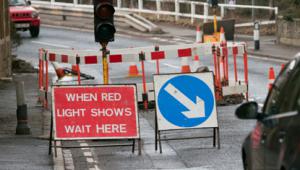By cutting so far and so fast, the chancellor puts the economic recovery at risk. Whilst relative protection has been given to transport and science spending, overall capital spending is still being cut sharply, particularly on social housing and regeneration. This is a mistake the Coalition inherited from the Labour government and it should be reversed.
There is good news on real increases in school funding and on more money for nursery education for disadvantaged two year olds. But at the other end of the age range, badly targeted universal benefits like winter fuel allowances, free TV licences and bus passes – many of which go to increasingly prosperous pensioners – are protected. These benefits have been protected at the expense of the working poor, who will see cuts in working tax credits and childcare funding, and the young, who will have Education Maintenance Allowances removed and face rising tuition fees.
The chancellor claimed that one of the principles of his Spending Review was fairness. But if spending cuts account for 77 per cent of deficit reduction and tax increases only 23 per cent, a larger burden will inevitably fall on those who rely most on public services. The whole exercise in reducing the deficit can only be described as fair towards the less well off because it includes the last Labour government’s tax rises which were targeted on the more affluent. The Chancellor’s own chart (B.6 on p.100) shows the spending cuts and benefit and tax credit changes are regressive.
Tony Dolphin is senior economist at the Institute for Public Policy Research











